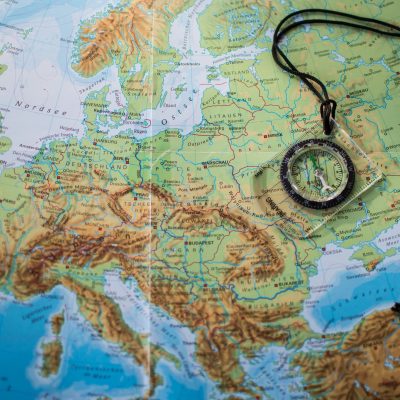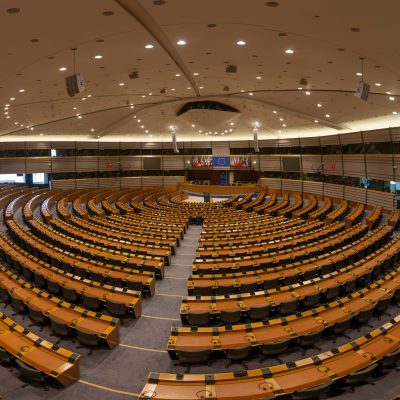The EU neighbourhood competence under Article 8 TEU

Since the Treaty of Lisbon, the European Union is formally instructed to “develop a special relationship with neighbouring countries” (Article 8 TEU). While this explicit mandate partly codifies past EU engagement, particularly through the European Neighbourhood Policy, it introduces several noticeable novelties in the way in which the Union conceives of, and develops its policy towards its vicinity. Envisaged as a EU ‘neighbourhood competence’ with a value-promotion objective and a mandatory nature, it epitomises the EU as normative power. Yet, despite the strong constitutional instruction of the TEU, and the profound changes in the region, the actual engagement of the Union (and its Member States) towards the vicinity has not profoundly changed. It is argued that the EU neighbourhood policy appears to be affected by the disadvantages of its constitutionalisation, and incapable of reaping the latter’s benefits in terms of compelling the EU institutions and Member States to act forcefully.”




